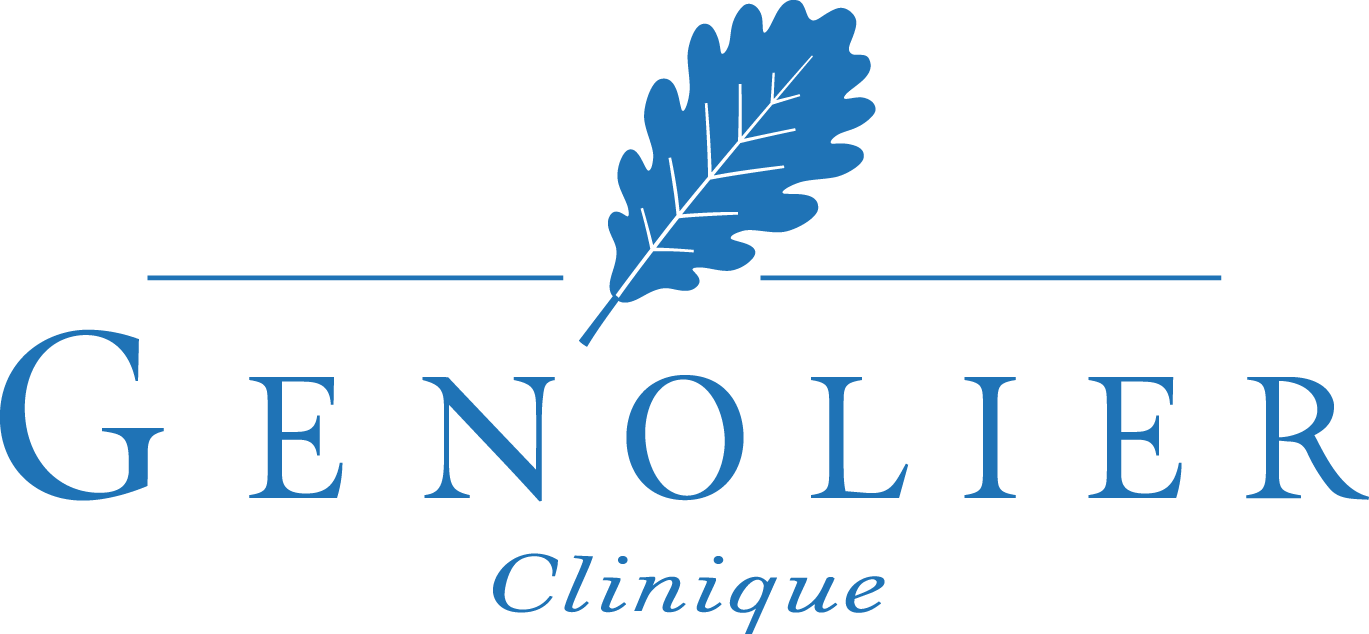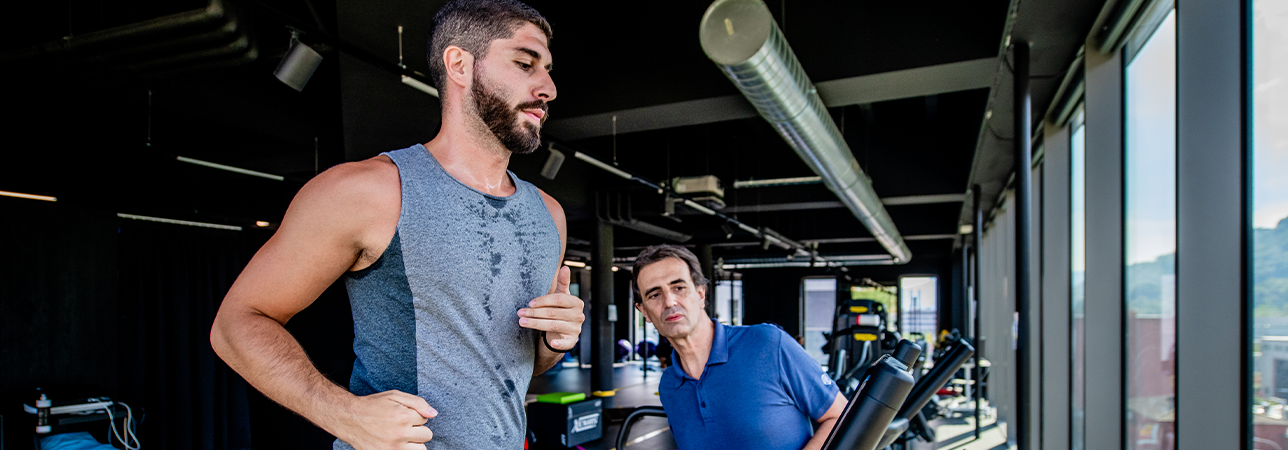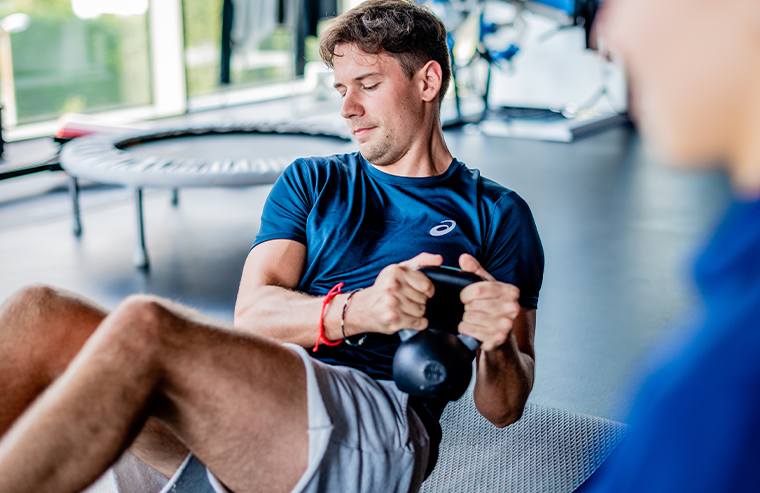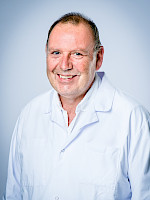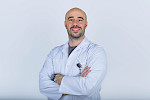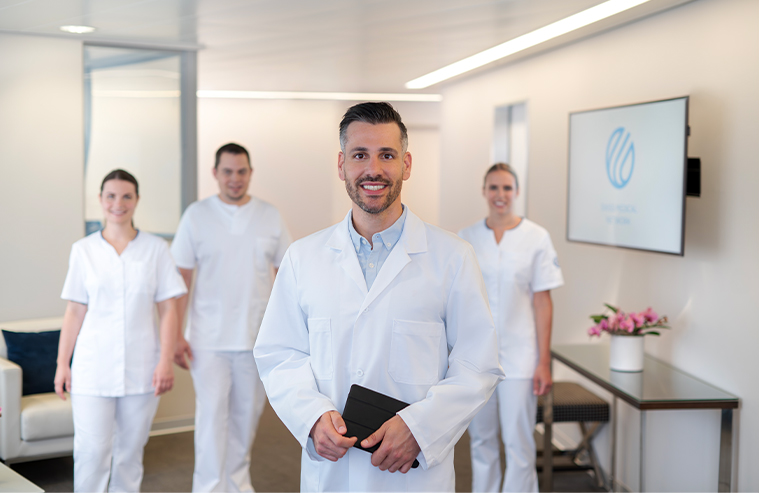The vision in our sports centres is simple: to combine the practical experience of professional athletes with the knowledge of the body from orthodox medicine in order to address the needs of our patients both preventively and rehabilitatively.
We help people to get back to their usual everyday life after an operation or to get amateur athletes to new heights.
